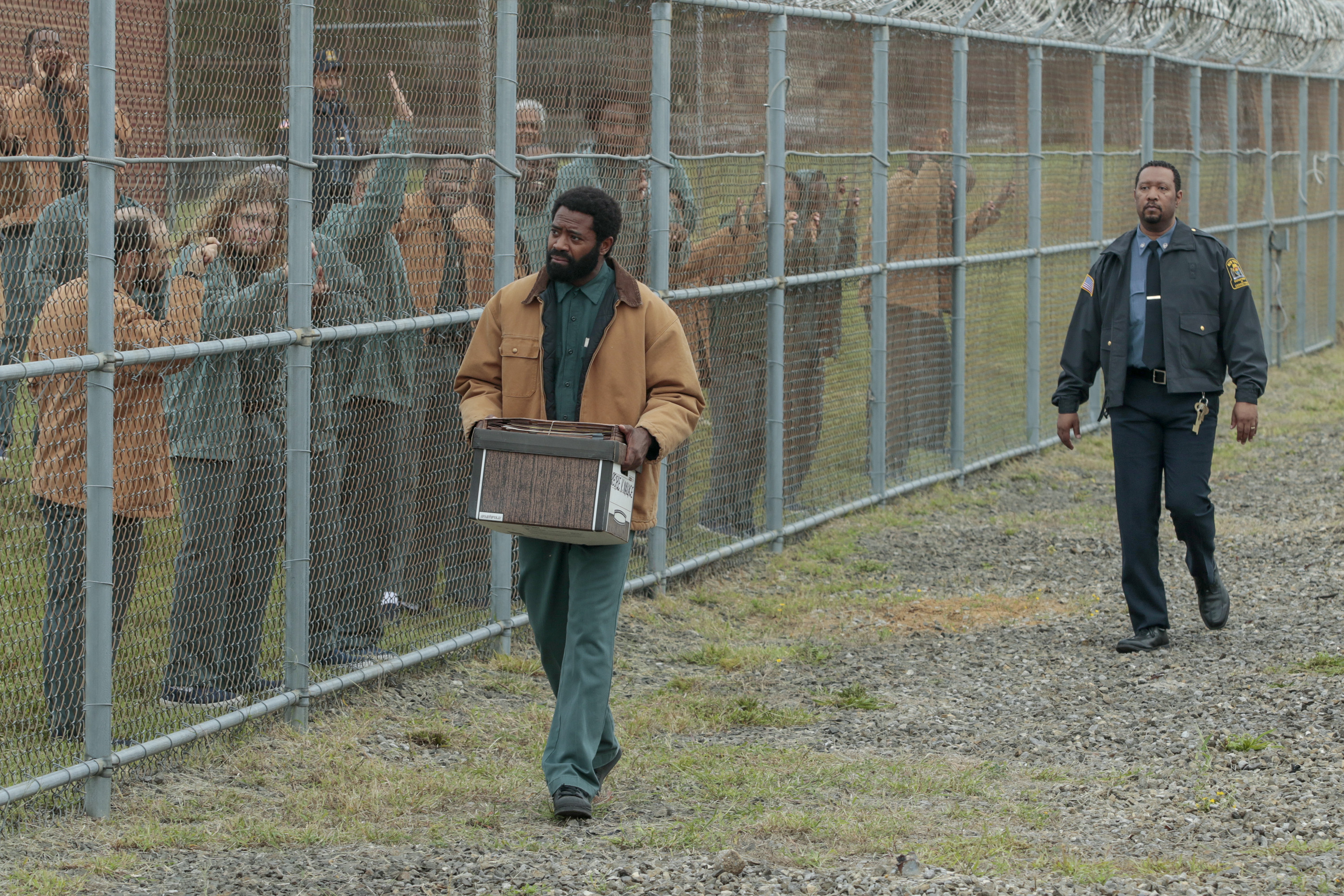TV dramas keep returning to the basics – crime, cops, lawyers and doctors.
Still, one variation has been elusive. “People have been trying to make the jailhouse-lawyer show forever and couldn’t crack it,” said writer-producer Hank Steinberg.
His solution was to starf with a real-life example. Now “For Life” (shown here) starts its second season (10 p.m. Wednesdays, starting Nov. 18), making a quick pivot.
Steinberg had written true-life movies about Roger Maris and Robert Kennedy, then created and produced series – ABC’s “The Nine,” TNT’s “The Last Ship” and CBS’ “Without a Trace.”
Those were fictional, but with “For Life,” he has an advantage. This started when he met producer Curtis Jackson (also known as rapper 50 Cent) and Isaac Wright Jr., the consummate jailhouse lawyer.
Wright had been a music producer, working with The Cover Girls a group (including Sunshine Wright, his then-wife) that had a couple top-10 singles. But in 1991, at 29, he was convicted to life in prison, under a drug-kingpin law.
It was a set-up, he said, that he eventually overcame through a near-impossible step – “a police officer actually confessing on the stand.”
After seven years in prison, Wright was freed. By then, he’d become a paralegal who had helped free 20 inmates – 21 counting himself. He went on to graduate from college, finish law school in 2007, pass the bar the next year and work as a defense lawyer.
Wright’s idea was to turn all of that into a movie. Jackson, who had succeeded with the cable series “Power,” disagreed. “I couldn’t see how you could tell the story in two years.”
So Steinberg created the fictional version: Aaron Wallace (Nicholas Pinnock, show here as he leaves prison) has been in prison for nine years. With the help of a sympathetic warden (Indira Varma), he got his law degree there; with the help of a ragged outside lawyer (Timothy Busfield), he takes cases to court.
That took up the 13-episode first season. Ratings were so-so; “For Life” was renewed, but delayed until mid-season.
Then ABC reversed course. It dropped another series (“Stumptown”) and gave “For Life” a good slot, right behind “The Conners” and “Black-ish.” Now the show quickly moves to get Wallace out of prison and into work as a full-time lawyer.
In real life, Wright said, that phase was tough “Everything was different. When I went into prison, a cell phone was something you carried in a briefcase; when I got you, you put it in your pocket.”
For the first two years, he said, nothing was right. It was hard to adjust, to focus, to think of normal-life things. “It was very challenging.”
Still, there are advantages to having a show set now, when Black lives matter and nuances are noticed. There was a time, Wright said, when “a police officer would get on the stand and say the sun was blue and they would believe him.”
Now people consider good and bad cops, lawyers and defendants. This may be an ideal time for a series about a former jailhouse lawyer.
